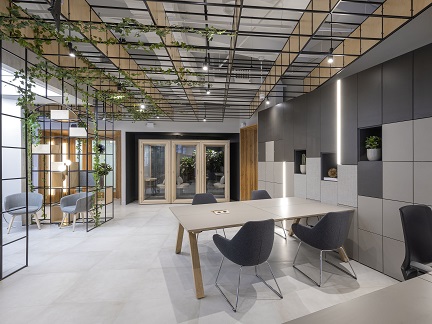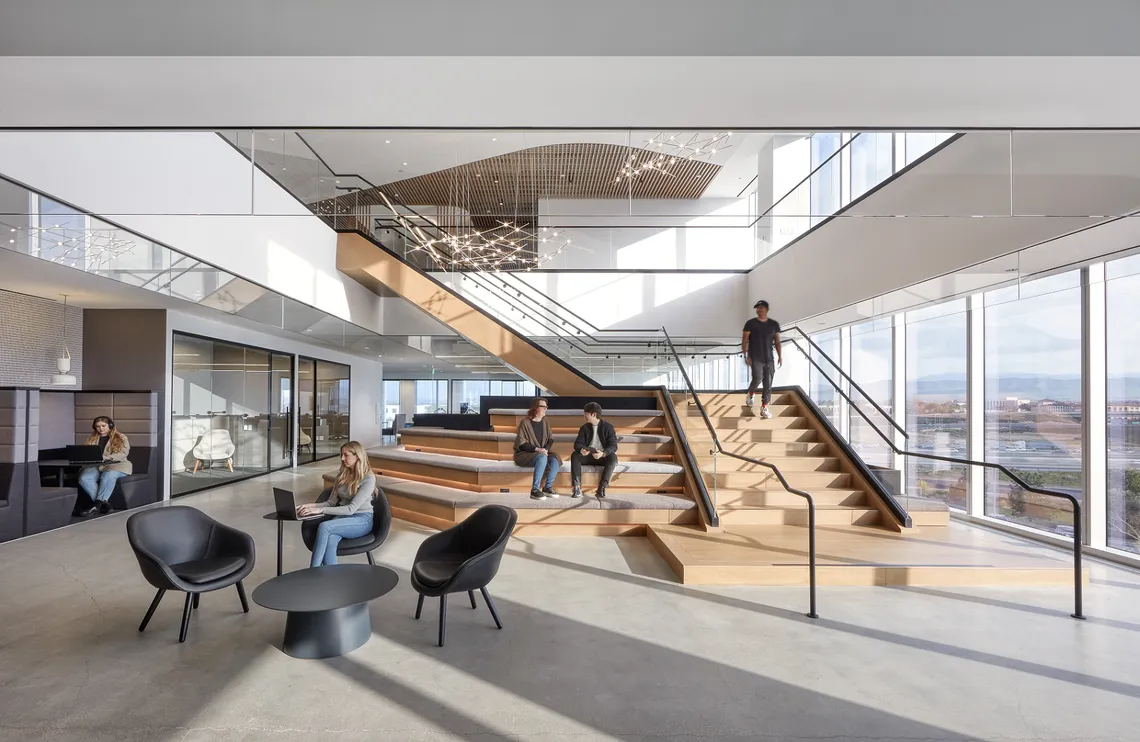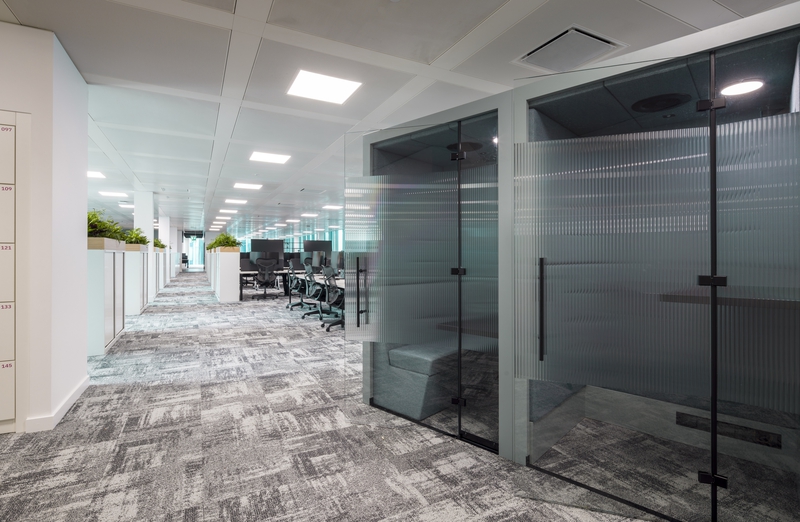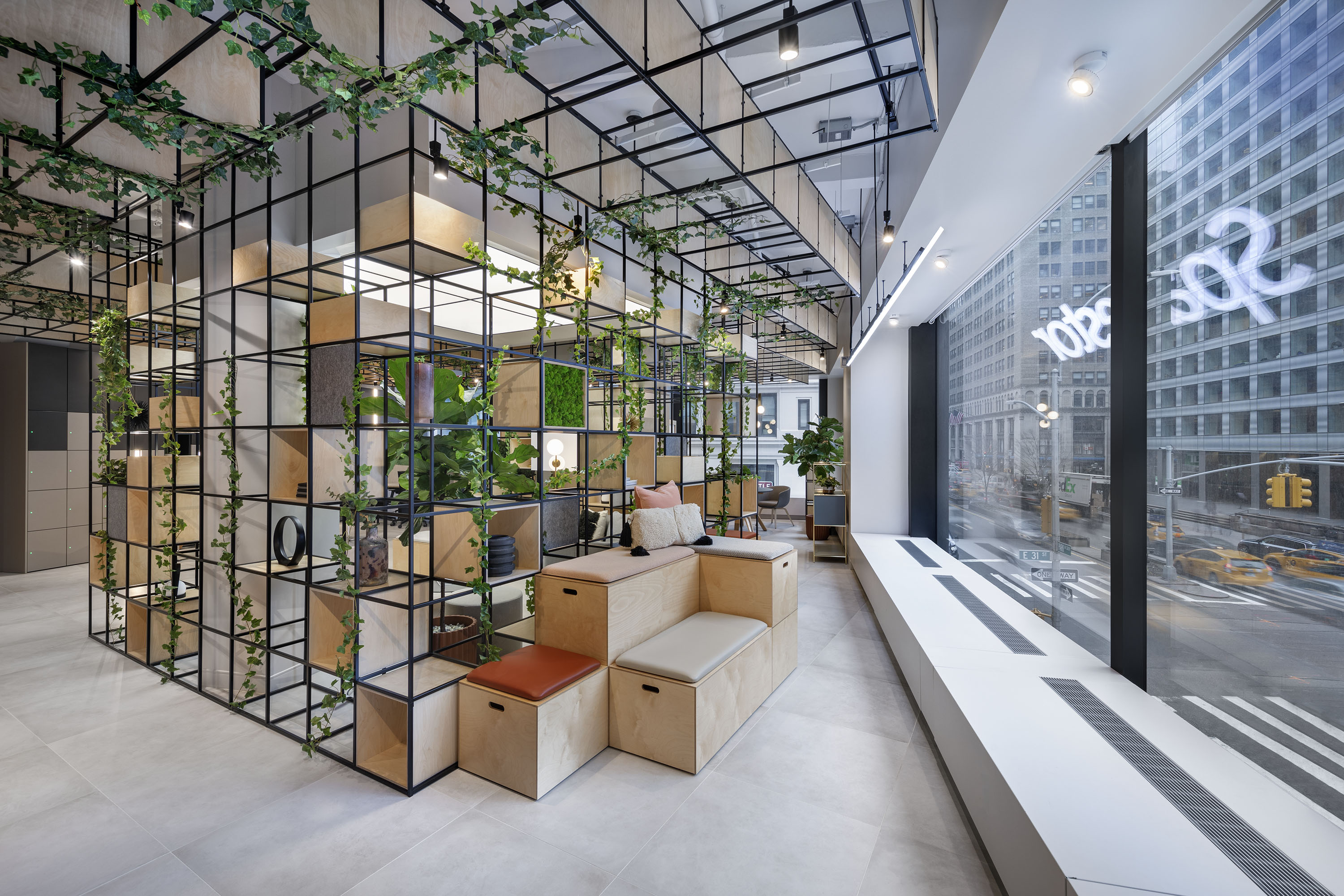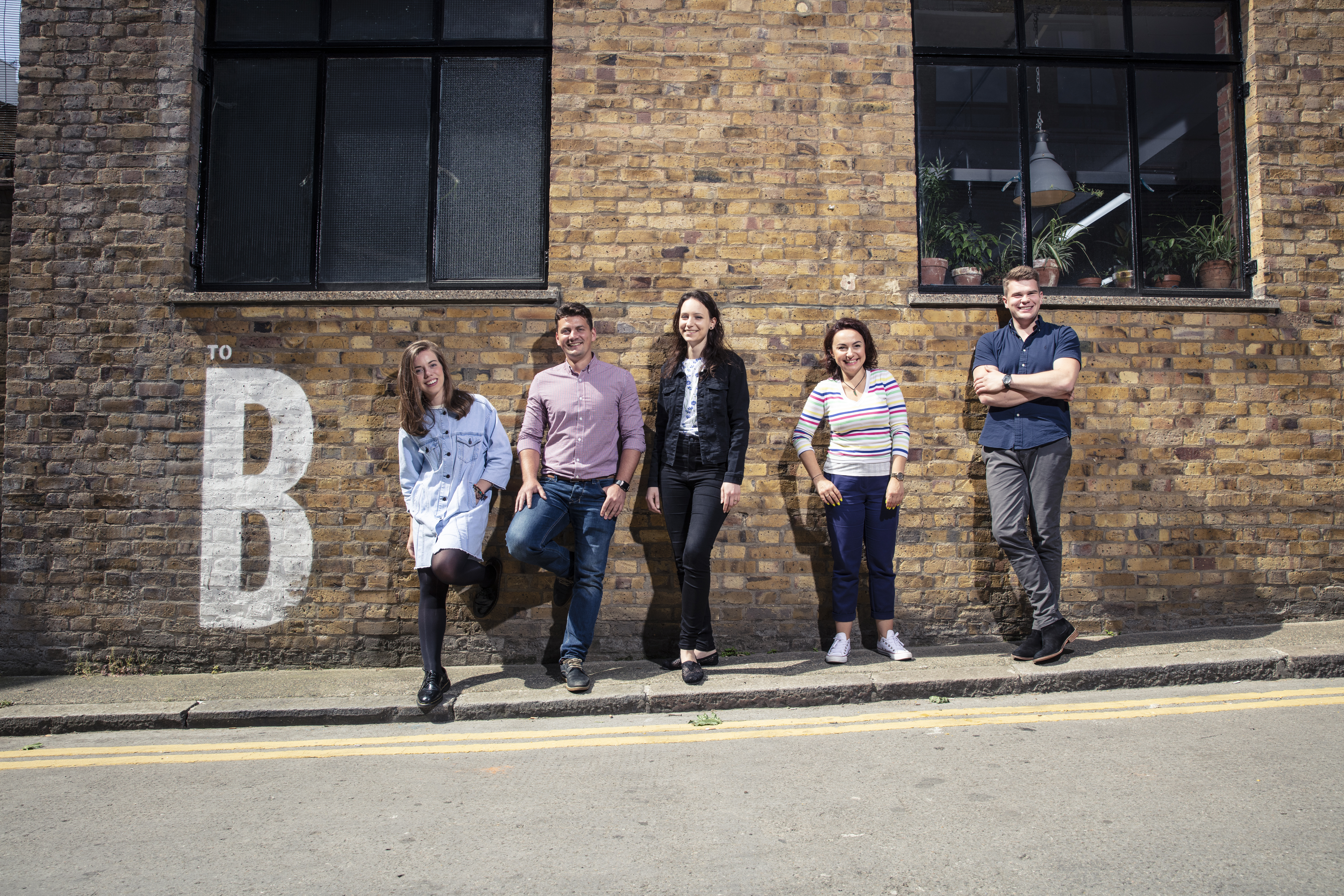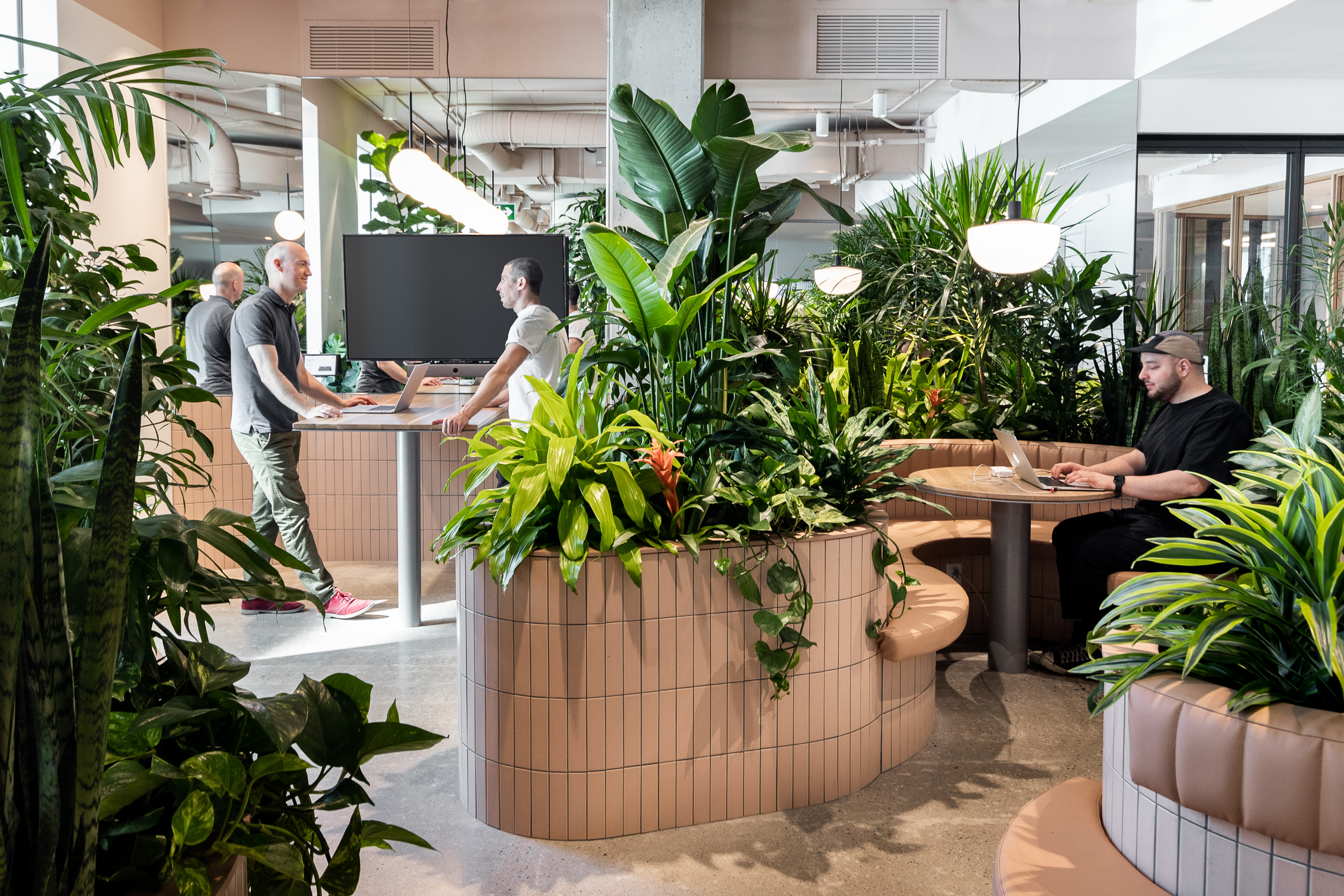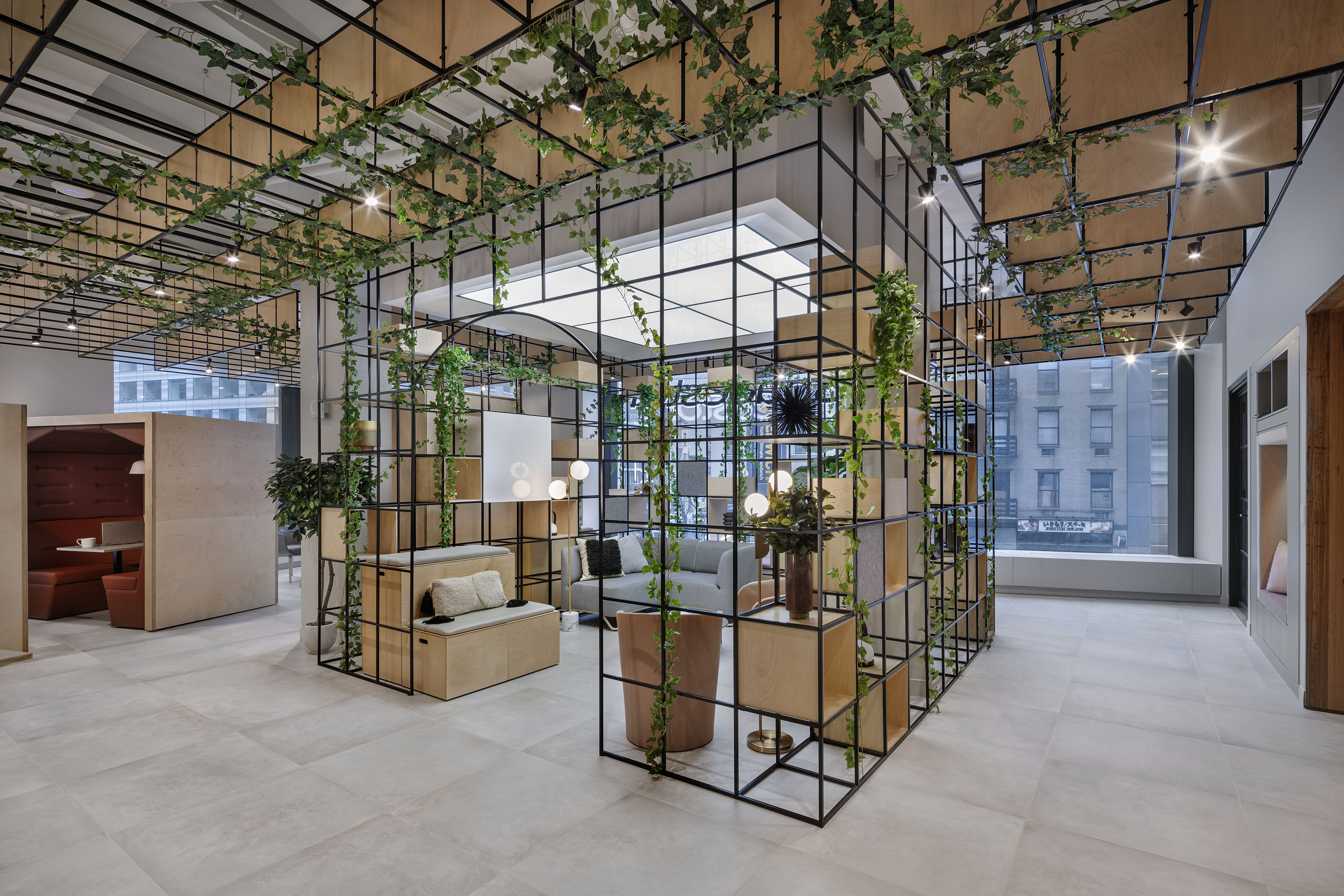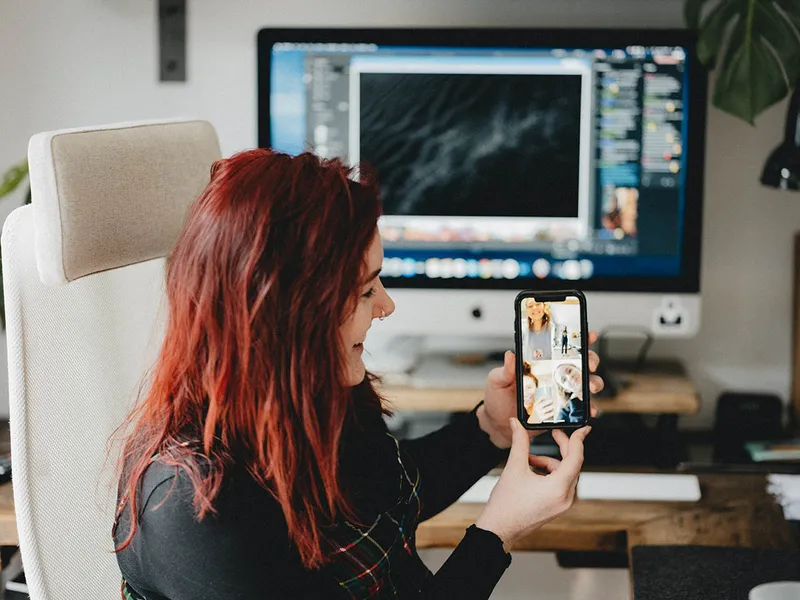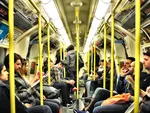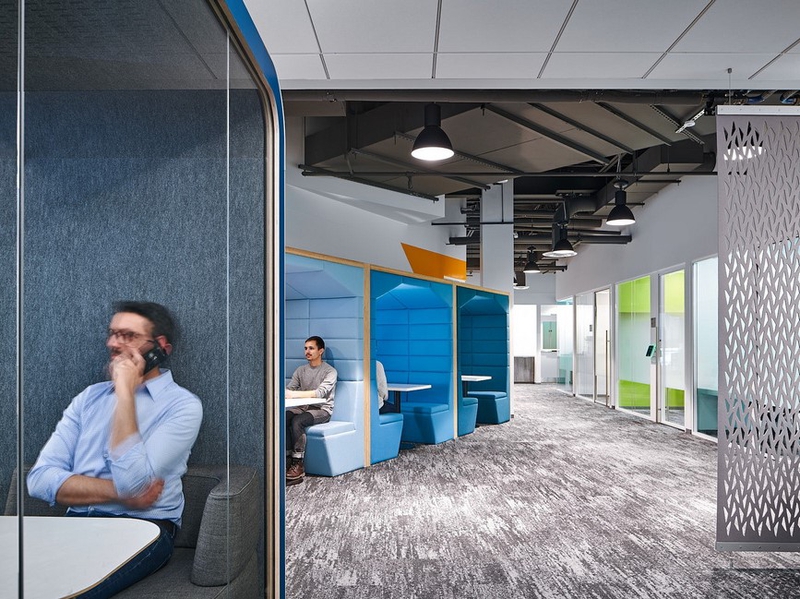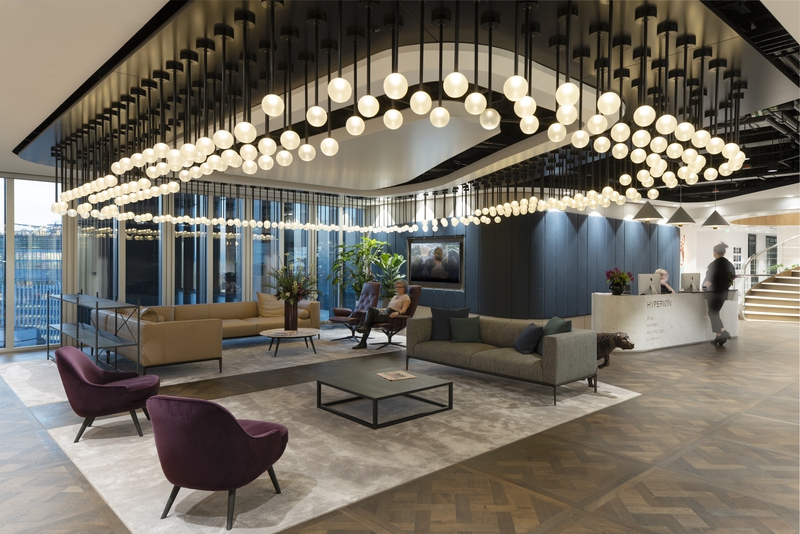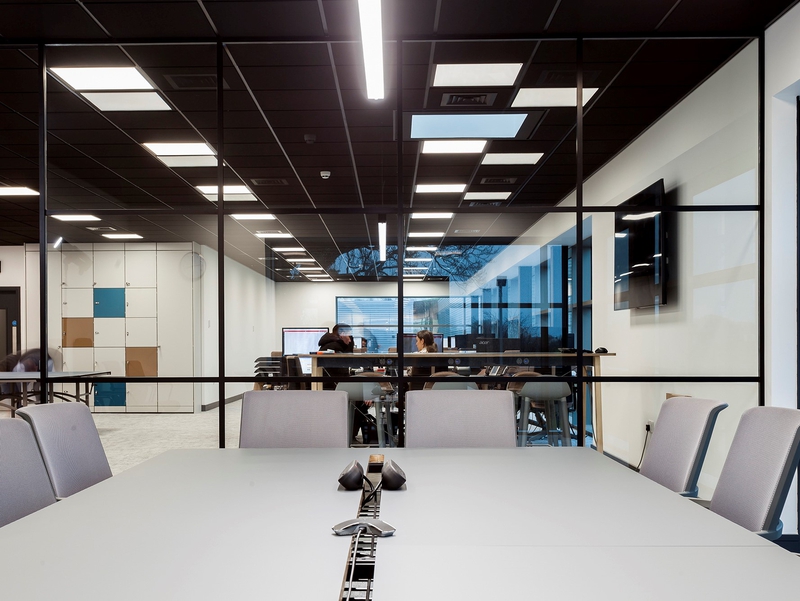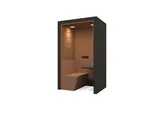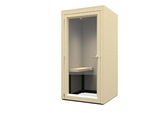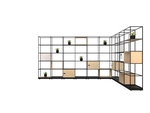26 Sep 2020
Industry Trends
The entire process of evolution we have witnessed in the office workplace landscape in recent years ground to halt as lockdown forced us all to retire to our homes earlier this year. Things will never go back to the way they were. The coronavirus pandemic has been spoken of as the biggest disruption since World War II, and as only a minute proportion of us return to the workplace, we may perhaps be arriving at the end of the beginning. However, the majority of us remain in the same situation: working from home. Outwardly, it’s an equalized experience, however within our homes, each of us has unique circumstances which would result in very different experiences. Some may be reaping the benefits of their home office environment, whereas others may be finding it exhaustingly challenging. In the initial weeks of lockdown, the overall collective reaction to working from home was how it had been a remarkable success, but were we deceiving ourselves? As Lindsay Wilson, president of Corgan, said “we may have been lulled into feeling like this was so successful.” A period out of lockdown will truly tell. We will need to become accustomed to the fact that the consequential period of the workplace, shaping the future of work, will not happen overnight. It will be a gradual progression as each organization pursues its best solution.

The coronavirus will eventually be brought under control, and this will in turn be reflected in society. It’s an inherent characteristic of human nature to return (as much as possible) to some semblance of normality. As Dr Jeremy Greene, a medical historian at John Hopkins University, told the New York Times, “when people ask, ‘when will this end?,’ they are asking about the social ending.” Take, for instance, the Spanish flu of 1918, ‘as soon as the effects subsided, people stopped worrying’, and then came the roaring 20s, an era of optimism and euphoria.

As society adapts and responds, overcoming the shock and subsequent fear caused by the pandemic, people will gradually start to return to the workplace. When this will be is unknown; some large corporations are stating that their offices will not be reopening as late as summer next year. This will vary from company to company due to a wide variety of factors such as regions, workforce generations, personal preference and so on. The work from home dynamic will shift to truly represent its level of success, with those who have found the home environment to be a highly productive one continuing to work remotely for the majority of their time, and those who have struggled with it, coming back to the office on more of a regular basis. A study published by Monday.com discovered that 69% of Americans enjoy working from home more than they thought they would, while 54% say they are more productive at home. That’s a large proportion, however it’s not to say that these people will not return. Gensler’s US Work from Home Survey discovered that ‘the people’ is what is missed most about the office. We foresee a future where the purpose of the office will change to become less of a place you visit for the daily grind, but a destination you arrive at to get an enriching experience of culture and community.

Moving towards the management and leadership perspective, as companies begin to recover from lockdown, recount costs and evaluate productivity levels, there will be a greater ‘force’ for people to return to the office. In light of the sensitivity of the current situation, this will not prove to be effective. People cannot be forced back into the workplace, as Philippe Paré of Gensler, France, said “people will need to be enticed back.” Having become fully immersed in the home environment, this would have become the norm, so to put pressure on employees to return will likely result in a negative reaction with a certain level of resistance. Careful change management will be needed to steadily introduce a new hybrid arrangement whereby employees are encouraged to return to the office regularly, but making way for personal choice. The experience of the return will need to be just right to retain top talent, which has become more valuable than ever. Top talent is always in high demand, however, as we begin the first phases of return to the workplace, there will be a shift from the pre-COVID talent strategy of attracting new talent towards attracting existing talent back into the office.

A welcoming and inviting workplace experience will be essential for maintaining the return, merging benefits of the home environment with the office. Some large corporations are speaking of moving towards a permanent remote working arrangement, however we believe the office will always have a place. It will continue to be the nucleus of a company’s identity, the foundational platform to create the communal experience that’s unique to the brand. This experience will only become more intense. People will want to return for the fulfilling sense of face-to-face human interaction and to feel part of something greater than themselves. People will return for the experience itself. In a similar way to retail, people will make the conscious choice to visit the physical place to actually engage and interact with the brand and the mission of its people. In an earlier panel discussion with Spacestor, Philippe Paré introduced an interesting metaphor: “the workplace in the future might be the difference between cooking a meal at home, and going to a restaurant and enjoying a great meal ... you go there for the communal experience, you get great service … you go there precisely to collide with your colleagues, and it’s orchestrated in a way that makes the experience as intense as it can be, you get your fix of culture and socialisation.”

This intensely connected experience needs to support the precise tasks people are returning to the office to do. Whilst some tasks are best done at home, at a desk on your own, many other daily tasks are not, so the workspace interior will need to be optimized for these tasks. It may be that simply rearranging and reconfiguring furniture is not enough, a whole new suite of workplace products is what will cater to this need. As a company, we’ve been watching furniture change for over 30 years, ever since we took the concept of millwork and made it modular. We’re keen to play a part in reimagining the future of work in the workplace and are in a unique position to craft the furniture pieces that will shape this new experience going forward. The workplace is here to stay and we need to make it worthwhile to return to.
Share this article

